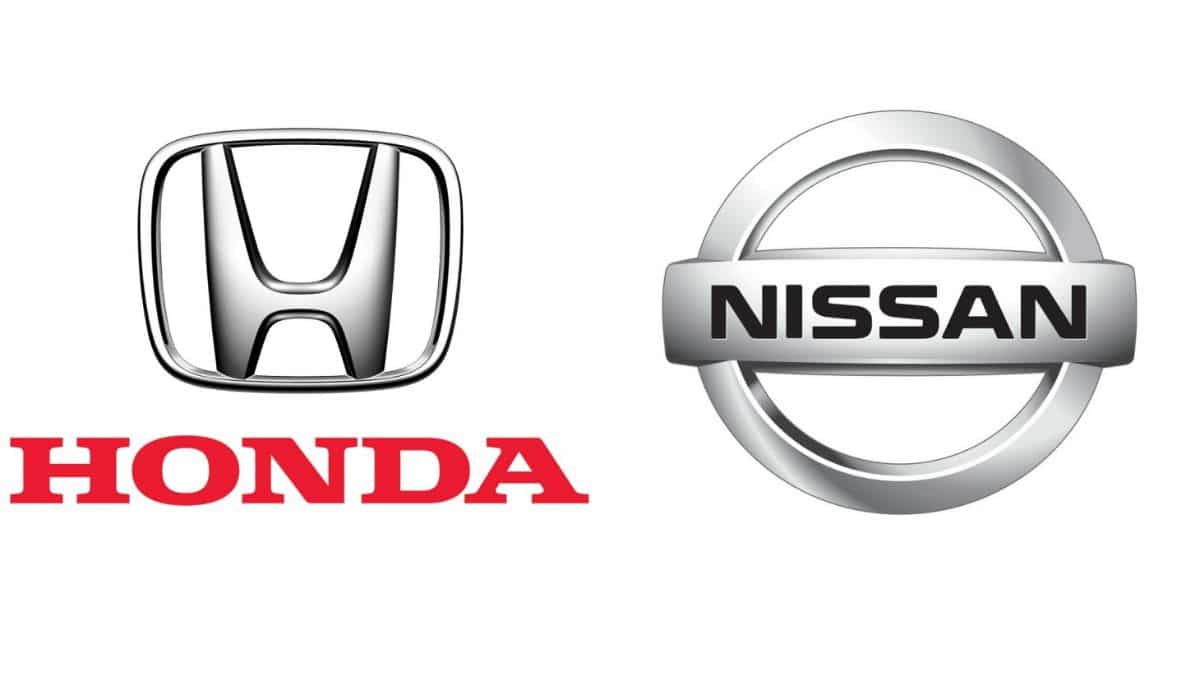Nissan Motor Co and Honda Motor Co. have unveiled a major partnership to drive research into next-generation software-defined vehicles (SDVs). This joint research agreement, disclosed in a filing on Thursday, marks an expansion of their earlier memorandum of understanding (MOU) signed on March 15. The original MOU focused on exploring a strategic partnership in the realms of intelligence and electrification, setting the stage for this new research initiative.
The new MOU underscores both companies’ commitment to developing platforms for SDVs, a critical component in their strategy to achieve carbon neutrality and enhance vehicle safety. This partnership reflects a shared vision of creating a future where transportation is not only more environmentally friendly but also significantly safer, aiming for a carbon-neutral and accident-free society.
In addition to their collaboration on SDVs, Nissan and Honda, along with Mitsubishi Motors, have signed a separate MOU to discuss a joint framework for advancing automotive intelligence and electrification. This agreement seeks to leverage the strengths and technologies of all three companies to accelerate the development of innovative automotive solutions.
The collaboration is expected to bring together Nissan’s and Honda’s expertise in electric vehicles (EVs) and software technologies, fostering new synergies and creating business opportunities in the evolving automotive landscape. By combining their efforts, the companies aim to drive progress towards a future where advanced vehicle technologies contribute to sustainable and safe transportation solutions.
The joint initiatives are part of a broader trend in the automotive industry, where companies are increasingly forming alliances to tackle complex challenges and capitalize on emerging opportunities in vehicle technology and electrification. As the industry continues to evolve, these collaborations are likely to play a crucial role in shaping the future of transportation.

